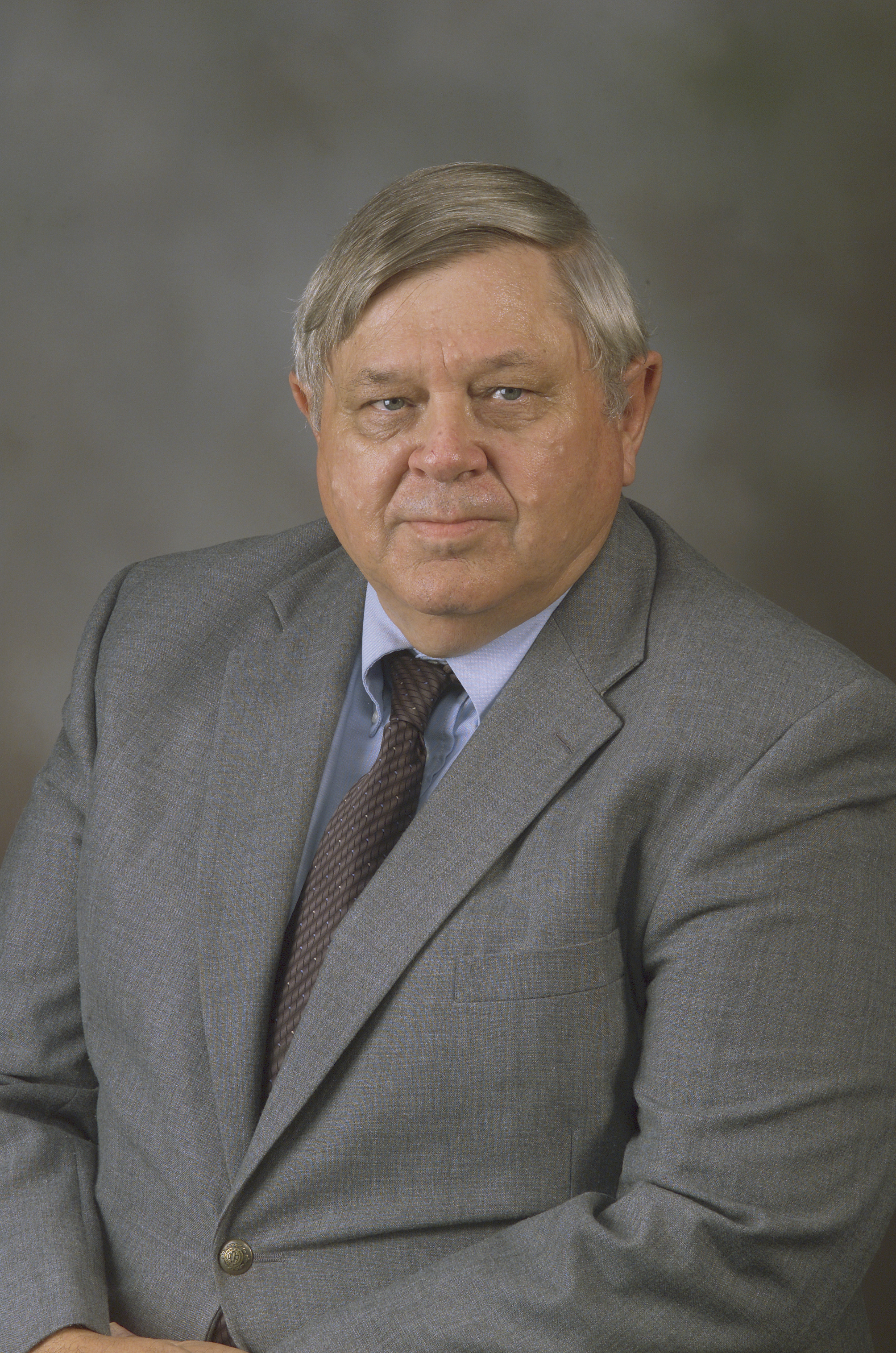Harry Dorn reappointed as Dr. A.C. Lilly Jr. Faculty Fellow in Nanoscience

Harry Dorn, a professor of chemistry in the College of Science at Virginia Tech and a professor at the Virginia Tech Carilion Research Institute, has been reappointed the Dr. A.C. Lilly Jr. Faculty Fellow in Nanoscience by the Virginia Tech Board of Visitors.
The Dr. A.C. Lilly Jr. Faculty Fellowship in Nanoscience was established to provide support for an outstanding faculty member in the field of nanoscience. The fellowship recognizes Lilly’s contributions to both his professional and academic research in physics and his ongoing support of Virginia Tech. The fellowship appointment is for three years.
Dorn’s expertise with nanomaterials is recognized world-wide. In 2000, he helped organize the Virginia Tech Mini-Conference on Nanoscience/Engineering, the first event of its kind at the university. He was invited to serve on the National Science Foundation Working Group to Define Major Research Facilities for Nanoscale Science and Technology.
In 2000, and again in 2001, he served on the First (and Second) Conference on Nanoscience and Nanotechnology, an event co-sponsored by Oak Ridge National Laboratory. He also was a member of the steering committee of INANOVA, a conference on nanotechnology in Virginia.
Dorn has published more than 160 peer-reviewed articles including several in Science and Nature; one paper published in Nature in 1999 has nearly 500 citations. This seminal paper describes a new family of trimetallic nitride template (TNT) endohedral metallofullerenes that are now being explored in laboratories world-wide for solar cell, opto-electronic, and biomedical applications.
He has had approximately 400 citations per year since 2008 and he is the holder of three U.S. patents.
Dorn has received research funding to pursue both the basic science of nanomaterials and their applications. He has been a principal investigator or co-principal investigator on proposals that have brought in more than $10.4 million since 2005.
Highly engaged in nanoscience education, Dorn developed “A Hands-On Short Course on Buckyballs, Nanotubes, and Other Nanomaterials,” which was funded by a grant from the National Science Foundation-Nanotechnology Undergraduate Education. He has also created a graduate-level interdisciplinary course on carbonaceous nanomaterials first offered in 2008 and co-taught with University of Virginia Professor Mool Gupta.
Dorn joined the Department of Chemistry at Virginia Tech in 1974 as an assistant professor and rose through the ranks to full professor in 1985. He currently is the director of two research centers, the Center for Self-Assembled Nanostructures and Devices and the Carbonaceous Nanomaterials Center. He received the university’s Alumni Award for Research Excellence in 2006. In 2012, he joined the Virginia Tech Carilion Research Institute, where he is working with colleagues across disciplines to explore the potential application of a range of metallofullerenes in developing new medical diagnostics and therapeutics.
He received his bachelor’s degree from the University of California, Santa Barbara, and his Ph.D. from the University of California, Davis.
Dedicated to its motto, Ut Prosim (That I May Serve), Virginia Tech takes a hands-on, engaging approach to education, preparing scholars to be leaders in their fields and communities. As the commonwealth’s most comprehensive university and its leading research institution, Virginia Tech offers 240 undergraduate and graduate degree programs to more than 31,000 students and manages a research portfolio of $513 million. The university fulfills its land-grant mission of transforming knowledge to practice through technological leadership and by fueling economic growth and job creation locally, regionally, and across Virginia.




